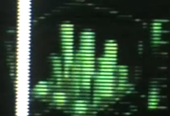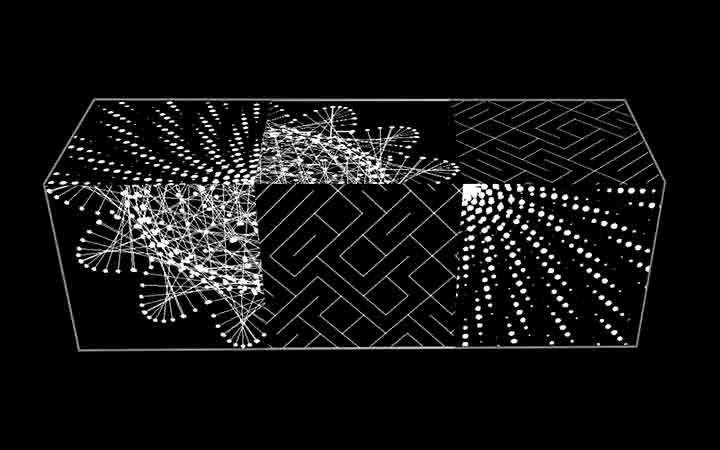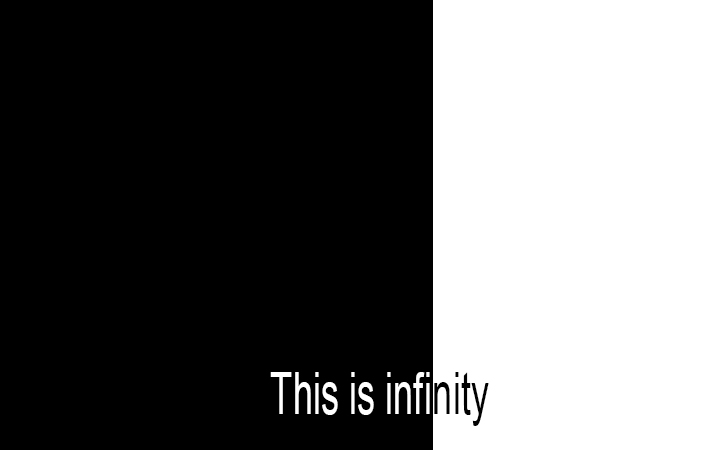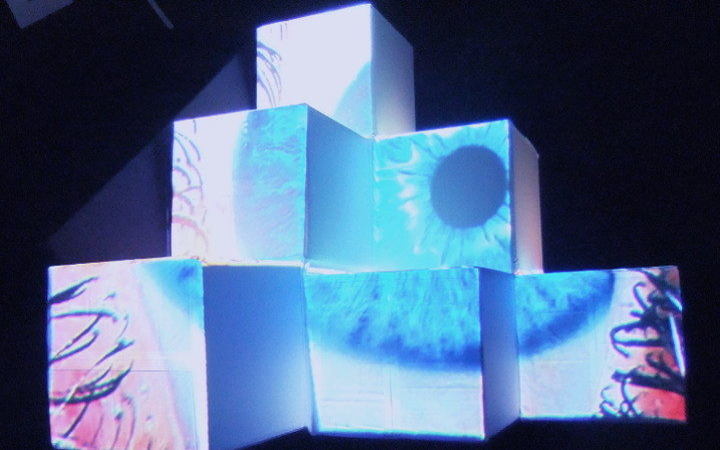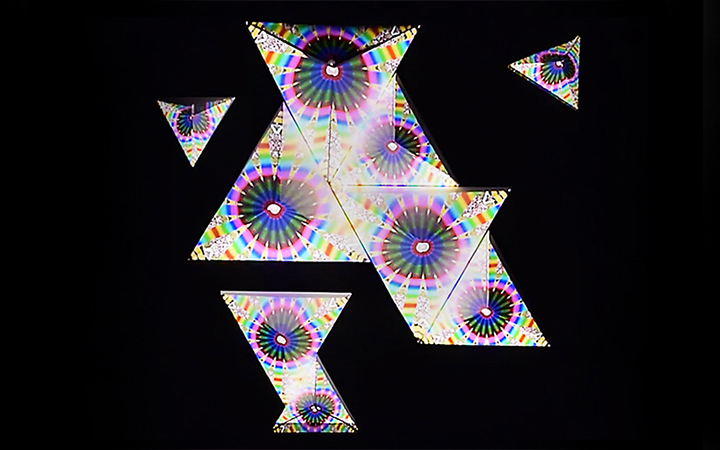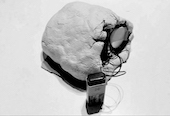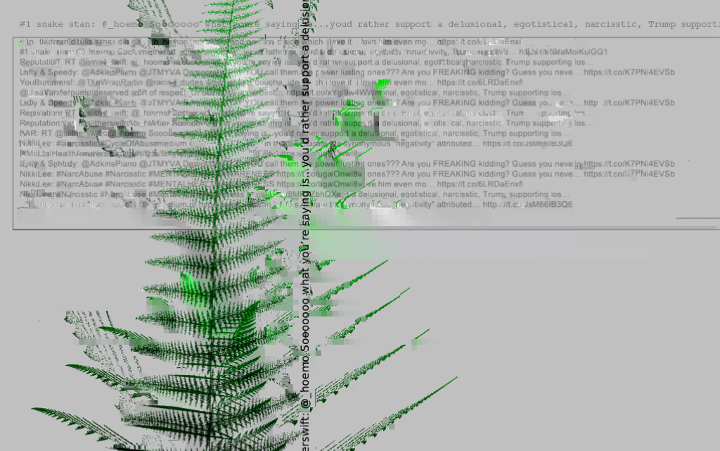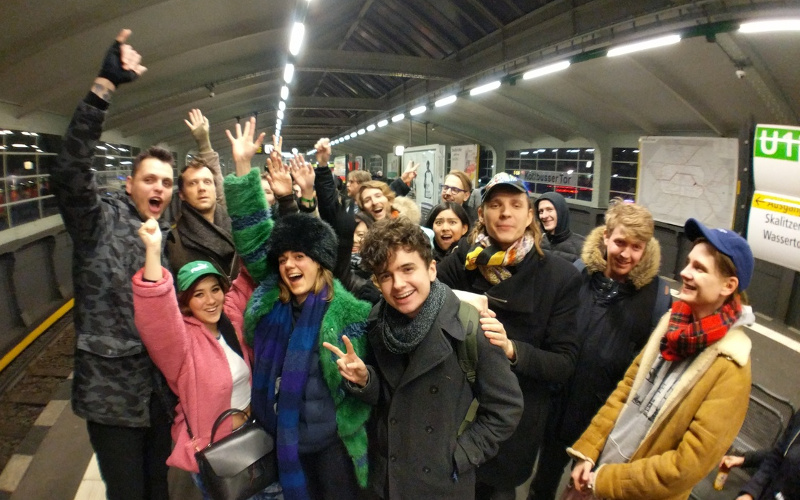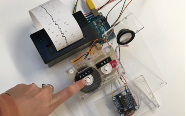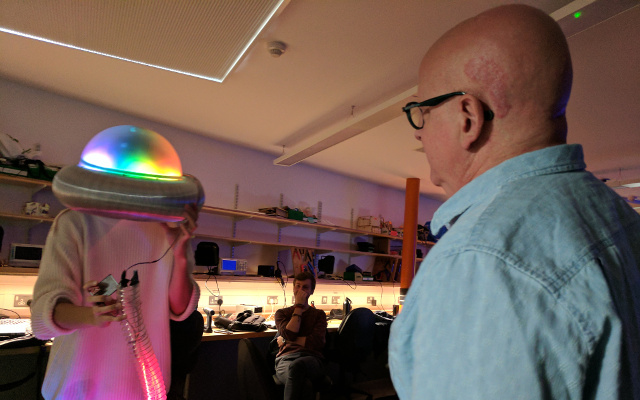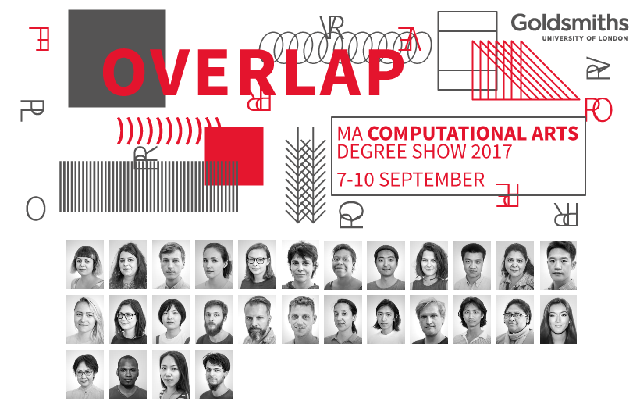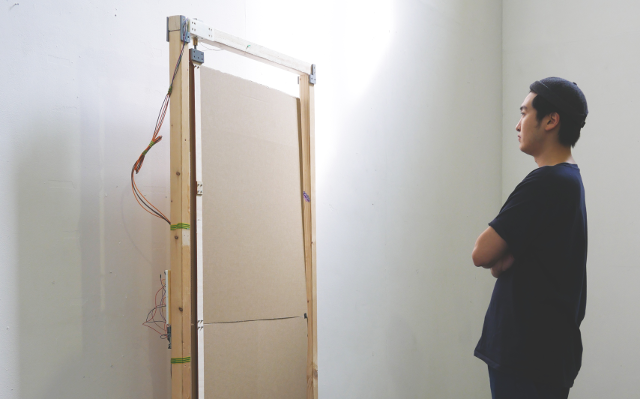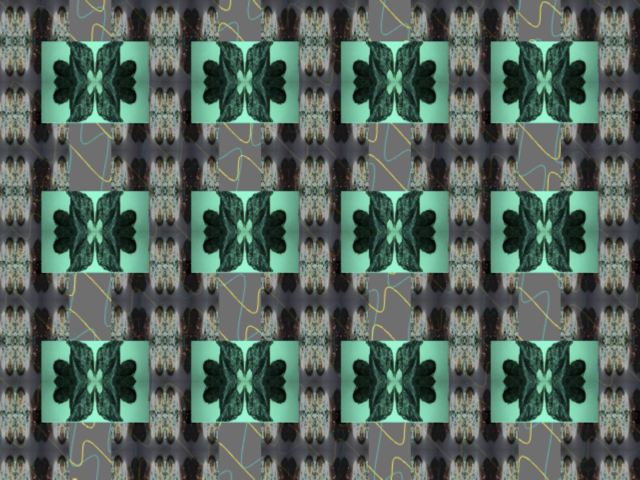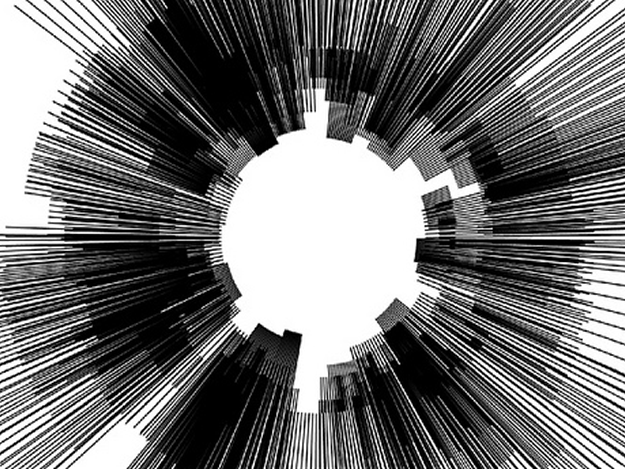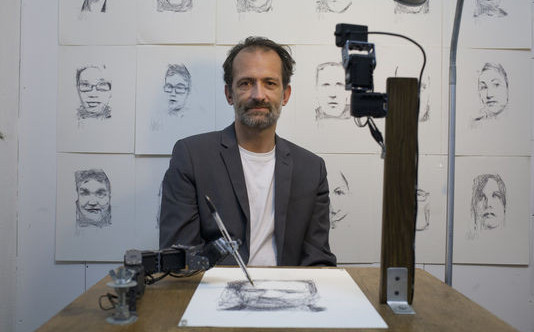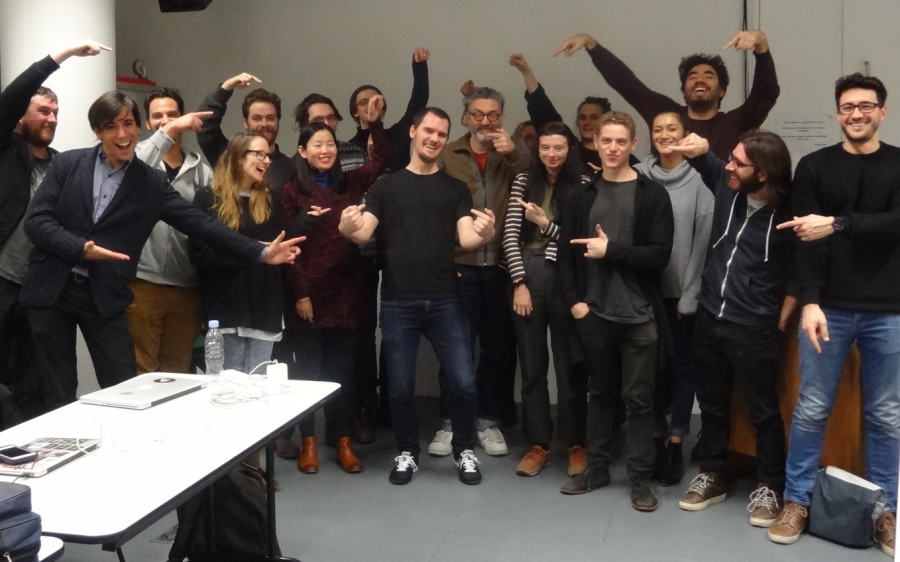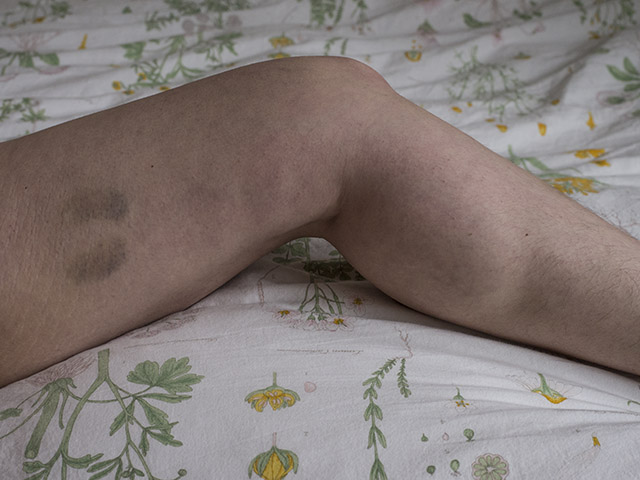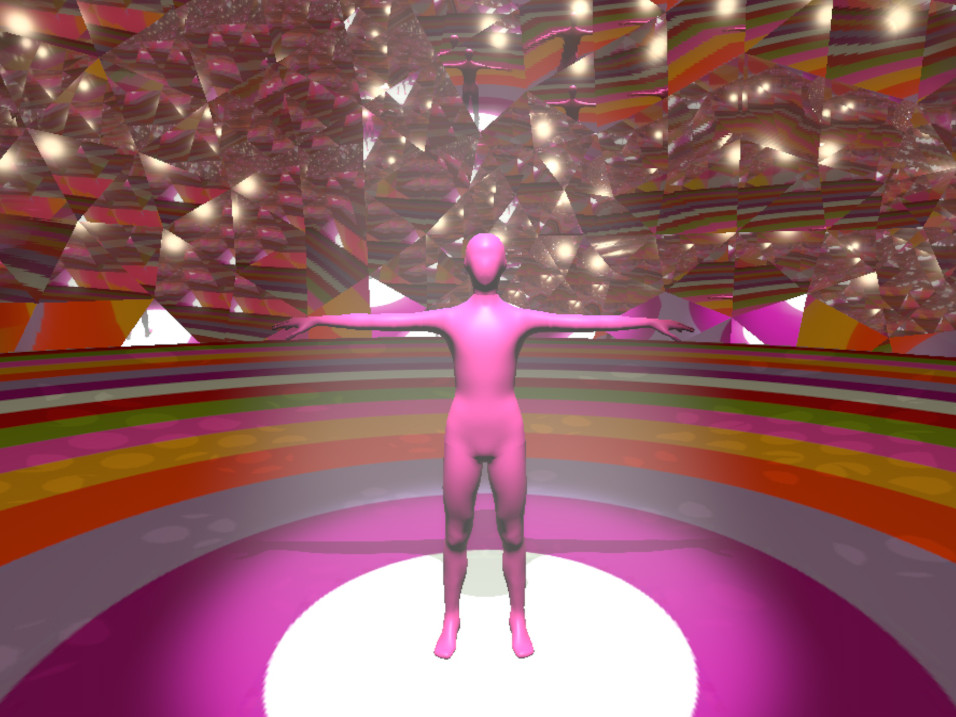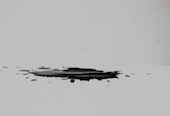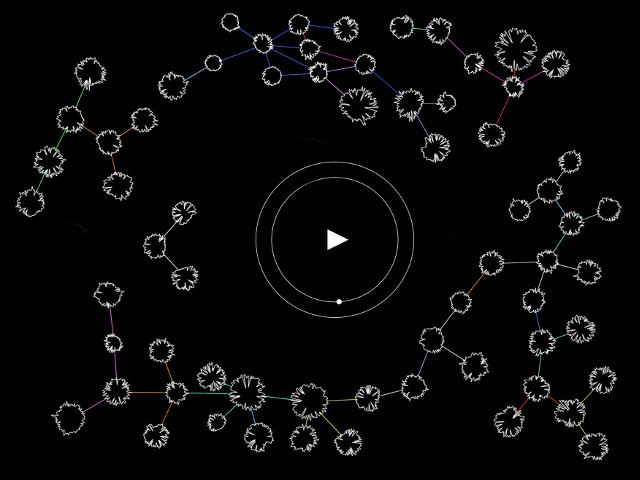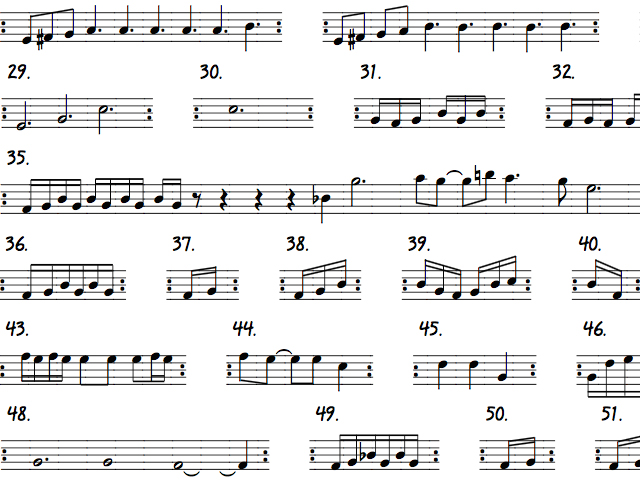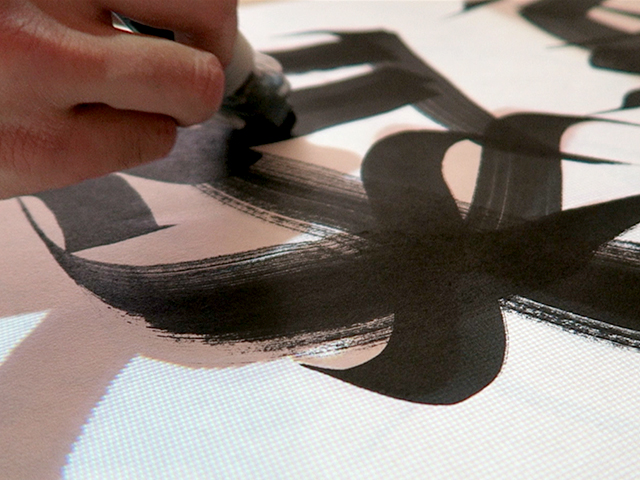Protest from Home
produced by: Eri Ichikawa
Concept and background research
Although the majority of citizens worldwide have grown increasingly frustrated with their leaders’ responses to the current unprecedented pandemic, it seems that several reasons can be given for why the Japanese government has received the worst public rating on its measures (Gilchrist, 2020). While many countries immediately announced regulations to combat the coronavirus and pledged financial help in return, the Japanese government was obsessed with the Olympics and displayed continued reluctance to offer monetary support to individuals. The government’s initial support package of distributing domestic meat vouchers garnered an adverse reaction because it appeared to be about using the pandemic for economic stimulation by giving the meat industry favourable treatment by tax money. After abandoning the scheme owing to the strong backlash, the government decided to distribute masks instead, at a cost of $430 million; however, this also ended in confusion because of the masks’ low medical effectiveness, the fact that only two items were provided per household, the high ratio of defective products and suspicion over the suppliers and budgeting (Tajitu, 2020). In contrast those pointless measures, the government demonstrated its talent for defending its dynasty at lightning speed amid the confusion. For instance, having received sharp criticism from abroad over the handling of the cruise ship Diamond Princess, the Ministry of Foreign Affairs immediately decided to budget $25 million for using AI to censor, analyse and ‘correct’ foreign SNS posts mentioning the Japanese government’s measures regarding the virus (Mainichi Shimbun, 2020). Most significantly, leaders are making use of the chaotic situation to propose a revision to the Public Prosecutors Office Law (The Japan Times, 2020). This change would threaten the independence of the three branches of power, allowing the cabinet to decide tenure extensions for senior prosecutors, considered by the current administration ‘desirable’ for remaining in executive positions.
In these circumstances, it is natural that many in Japan feel their lives are threatened not by the virus but by bureaucracy; nonetheless, the anxiety and anger is usually not aimed at the government directly. Instead, the division of the nation has been occurring among those who criticise the government, those who criticise said critics and others who want to keep their distance from the argument. The points made by the latter include ‘It’s not the time to criticise but to stand together’, ‘You don’t have the right to put in a word unless you have sufficient knowledge about politics’, ‘The government would succeed if only there weren’t interruption from outsiders’ and so on. However, participation and vigilance are responsibilities of citizens in democracies. In light of Ur-fascism (Eco, 1995; 6), those condition –disagreement regarded as rebel (4) and the parliament no longer represents the voice of people (13) – are sufficient to say it is critical phase of democracy. Furthermore, as Tutu (cited in Brown 1984; 19) maintained, ‘If you are neutral in situations of injustice, you have chosen the side of the oppressor’.
While thinking vaguely about what would be a possible form of demonstration in the time of coronavirus, I came across the movement called ‘Twitter demo’. The biggest demo I have witnessed was against the prosecutors’ terms mentioned earlier. The public voiced its opposition by tweeting opinions under the hashtag ‘I oppose the revision of the public prosecutor’s office law’. As of 10th of May, the number of tweets and retweets had surpassed 4.7 million (The Asahi Shimbun, 2020). Although Chief Cabinet Secretary Suga refused to give an official statement about the movement at a regular press conference, this movement has been discussed by the media, which tends to avoid covering topics relating to antigovernment feeling. In the face of this and other protests, as of 15th of May, the Lower House Cabinet Committee has postponed a vote on the bill (The Japan Times, 2020). Besides the virtual demo, satirical images are being rapidly created and shared on Twitter, playing a role in spreading the issues and raising questions (Fig1, 2). Even if these tactics are weaker than in-person demonstration, they have at least proved their collective power to create a stir against oppression. As Graeber (2007; 367) stated, in striving for democracy it is important for the public to ‘honestly believe that ordinary human beings, sitting down together in deliberative bodies, would be capable of managing their own affairs… or even whether, even if they wouldn’t, they have the right to be allowed to try’.
(Fig. 1) This image illustrating only two masks per household with popular cartoon characters went viral. Made by Twitter user @punxjk. (Fig. 2) Twitter user @rubberringss made a soap opera taste chart so that the problem draws attention. Prior to prosecutors’ terms, the extension of the retirement age for the Public Prosecutor General was approved by the Japanese cabinet. There is intense speculation that the servant seen as being close to will continue in his post despite having reached retirement age (Mainichi Japan, 2020).. (Fig. 3) The result shows reasonable comment accounted for less than one percent of PM’s 4-minutes answer. ©2020 Jun Inukai
Artefact
Some people refer to the Japanese prime minister’s press conferences as public readings because, in essence, scenarios, questions and answers are all prepared beforehand, and great effort is made to eliminate inconvenient questions; he then simply reads from documents or prompters. Inspired by Disobedient Electronics (Garnet 2016), I decided to make a video version of a satirical cartoon about this comical situation using machine learning, aiming to make people who are backing the Abe administration only because Abe is the current leader to rethink whether it is worth supporting and whether their support merely stems from an ingrained habit. I also wanted to help people who do not feel any connection to politics to notice the importance of civic participation. Using Wekinator, I trained a model with k-Nearest Neighbor. When the PM reads from the left prompter, the colour goes into invert. A noise effect goes off when he reads from the right prompter, and when he reads from the centre monitor, the PM becomes transparent. Because the medium is video, it can easily be shared on Twitter and other SNSs as well.
Future development
Videos (Inukai, 2020) are already in circulation that manually analyse and classify the PM’s answers to the interpellation into four labels: answering the question (blue), merely repeating the question (yellow), giving irrelevant answers and dodging the point or refusing to answer (red) and making an utterly pointless response (grey)(fig3). I used pixels this time, but it would be a stronger message if I could make a model using sound, which could detect meaningless repetitions and pointless parts same as the existing videos and then cut the sound.
While people in Japan are also having social-distancing demo, a virtual protest was already held in Spain by introducing hologram (Euronews, 2015). I will and should continue to look for a way to utilise art and technology for activism as Negri (2007; 60) said, ‘Through art, the collective power of human liberation prefigures its destiny’.
References
Eco, U. (1955) Ur-fascism, The New York Review of Books. Available at: https://www.pegc.us/archive/Articles/eco_ur-fascism.pdf (Accessed: 16 May 2020).
Euronews. (2015) 'Spain: Hologram rally outside parliament defends right to protest' Available at: https://www.euronews.com/2015/04/11/spain-hologram-rally-outside-parliament-defends-right-to-protest
Gilchrist, K. (2020) ‘China gets top score as citizens rank their governments’ response to the coronavirus outbreak’, CNBC, 6 May. Available at: https://www.cnbc.com/2020/05/07/coronavirus-china-vietnam-uae-top-list-as-citizens-rank-government-response.html (Accessed: 16 May 2020).
Graeber, D. (2007) Possibilities: essays on hierarchy, rebellion and desire, Oakland, Calif: AK Press.
Hertz, G. (2017) Disobedient Electronics. Available at: http://www.disobedientelectronics.com/resources/Hertz-Disobedient-Electronics-Protest-201801081332c.pdf (Accessed: 16 May 2020).
Inukai, J. (2020) ‘What did the Prime Minister say to the voice of 65 million tweets?’, Harbor Business Online, 13 May. Available at: https://hbol.jp/218960 (Accessed: 16 May 2020).
Mainichi Shimbun. (2020) ‘Analyze overseas social networking posts with AI. Due to the criticism of the government's response to Corona’, 7 April. Available at: https://mainichi.jp/articles/20200407/ddm/005/010/054000c (Accessed: 16 May 2020).
Mainichi Japan. (2020) ‘Editorial: Extending retirement age for senior Japan prosecutor could damage trust’, 12 February. Available at: https://mainichi.jp/english/articles/20200212/p2a/00m/0na/006000c (Accessed: 16 May 2020).
Negri, A. & Emery, E. (2011) Art and multitude: nine letters on art, followed by Metamorphoses: art and immaterial labour, Cambridge: Polity.
NHK. (2020) ‘Millions online protest prosecutor law revision’, 11 May, Available at: https://www3.nhk.or.jp/nhkworld/en/news/20200511_14/ (Accessed: 16 May 2020).
Sugiyama, S. (2020) ‘In blow to Abe, panel delays showdown over prosecutor retirement bill’, The Japan Times, 15 May. Available at: https://www.japantimes.co.jp/news/2020/05/15/national/politics-diplomacy/japan-prosecutor-retirement-bill-showdown-delayed/#.XsEeVRP0mwQ (Accessed: 16 May 2020).
Tajitu, N. (2020) ‘Japan's coronavirus mask handout tainted by gripes over mould, stains, insects’, Reuters, 22 April. Available at: https://www.reuters.com/article/us-health-coronavirus-japan-masks/japans-coronavirus-mask-handout-tainted-by-gripes-over-mould-stains-insects-idUSKCN2240IX (Accessed: 16 May 2020).
The Asahi Shimbun. (2020) ‘4.7 million tweets blast revision bill to delay Abe ally’s retirement’, 10 May, Available at: http://www.asahi.com/ajw/articles/13362865 (Accessed: 16 May 2020).
The Japan Times. (2020) ‘Prosecutor retirement revision a dangerous step’, 14 May. Available at: https://www.japantimes.co.jp/opinion/2020/05/14/editorials/prosecutor-retirement-revision-dangerous-step/#.Xr6x6RP0nrI (Accessed: 16 May 2020).
Tutu, D, quoted in Brown, R. M. (1984) Unexpected News: Reading the Bible with Third World Eyes, Philadelphia, PA.: Westminster Press.
Technical References
- Processing_ColorAndSound_1Classifier by Rebecca Fiebrink, 2016: http://www.wekinator.org/examples/#Processing_animation_audio
- Simple 10×10 color grid: http://www.wekinator.org/examples/#VideoWebcamNoise
- @reona396 http://blog.livedoor.jp/reona396/archives/55416377.html



